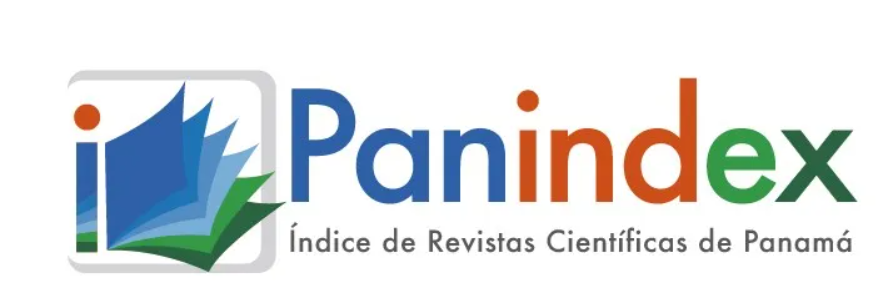The content of the publications and the links suggested in them are the sole responsibility of the authors and not of the METROPOLITAN UNIVERSITY OF EDUCATION, SCIENCE AND TECHNOLOGY (UMECIT) or CATHEDRA magazine. They are protected by international copyright laws just as the UMECIT and CATHEDRA logos, hence their reproduction is totally prohibited
This work is licensed under a Creative Commons Attribution-NonCommercial-NoDerivatives 4.0 International License.
The authors maintain the copyright and transfer the right of the first publication to the journal, with the article registered with Creative Commons Attribution-NonCommercial-NoDerivatives License, which allow others They can download the works published in this magazine and share them with other people, as long as their authorship is recognized, but they cannot be changed in any way nor can they be used commercially.
Authors are recommended to include their work in social networks such as Researchgate and institutional repositories once the article or visible fact has been published on the journal page, without forgetting to include the digital document identifier and the name of the journal.



Abstract
The text that we present focuses on a conceptual and adjective humanistic thinking of those acts of evidentiary formation that require judicial protection as state control to limit state power in the person of the Public Prosecutor's Office, which by having the State apparatus at its service can unbalance the scale of access to justice. Under this axiom, we expose the need to control the acts of the investigation by standardizing fundamental rights, such as privacy, personal integrity and human dignity. In this section we will analyze prior control, based on human criteria that restrict the most intimate rights of human nature and the foundations of its evidentiary reasoning, based on a probabilistic standard of logical inferences.
Keywords
References
• Constitución Política de la Repúbliica de Panamá.
• CORTE INTERAMERICANA DE DERECHOS HUMANOS [Corte IDH]. 1988. Velásquez Rodríguez vs. Honduras. Sentencia. 29 de Julio de 1988.
• GASCÓN Abellán, Marina. 2014. Cuestiones probatorias, Universidad Externado, Colombia.
• HABERMAS, Jurgen; (mayo 2010). El concepto de dignidad humana y la utopía realista de los derechos humanos. Revista Diánoia, volumen LV, número 64.
• LEE, Man Yee Karen. 2008. Universal Human Dignity: Some Reflections in the Asian Context. Asian Journal of Comparative Law.
Downloads
Publication Facts
Reviewer profiles N/A
Author statements
- Academic society
- Universidad Metropolitana de Educación, Ciencia y Tecnología
- Publisher
- Universidad Metropolitana de Educación, Ciencia y Tecnología




















